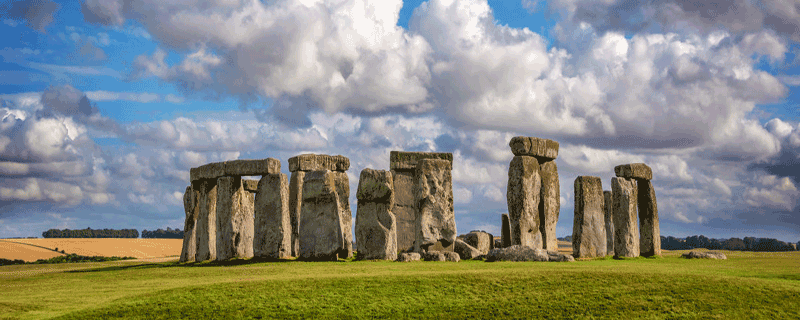High Court overturns Stonehenge Tunnel planning approval
30 Jul, 2021 By Catherine Kennedy
Transport secretary Grant Shapps’ decision to approve the Stonehenge Tunnel scheme against the recommendations of planning officials has been overruled by the High Court.
The hearing to scrutinise the planning approval of the £1.7bn road scheme took place last month, with the legal challenge brought by campaign group Save Stonehenge World Heritage Site (SSWHS).
Shapps had given the scheme the go ahead in November, overruling planning officials who said the project would cause “substantial harm” to the Stonehenge site.
However, today Mr Justice Holgate ruled that the planning approval was unlawful, effectively quashing the development consent for the road project.
Mr Justice Holgate said that Shapps had not properly assessed the risk of harm to each heritage asset within the World Heritage Site (WHS).
He also found that Shapps did not have the evidence to conclude that the project would cause “less than substantial harm” to the heritage assets within the WHS, which he deemed fatal to the lawfulness of the decision to grant development consent.
The judge further concluded that Shapps had failed to consider alternatives to the scheme, such as a longer tunnel, which may have been less damaging to the WHS. This was despite the World Heritage Committee raising alternatives as a vitally important issue in relation to a heritage asset of international importance.
In reaching his judgment, Mr Justice Holgate said: “In this case the relative merits of the alternative tunnel options compared to the western cutting and portals were an obviously material consideration which the SST was required to assess. It was irrational not to do so.”
SSWHS director Stonehenge Alliance acting chairman John Adams said the group “could not be more pleased” with the outcome.
“The Stonehenge Alliance has campaigned from the start for a longer tunnel, if a tunnel should be considered necessary,” he added.
“Ideally, such a tunnel would begin and end outside the WHS. But now that we are facing a climate emergency, it is all the more important that this ruling should be a wake-up call for the government. It should look again at its roads programme and take action to reduce road traffic and eliminate any need to build new and wider roads that threaten the environment as well as our cultural heritage.”
Leigh Day solicitor Rowan Smith – representing SSWHS – described the judgement as “a huge victory, which means, for now, Stonehenge is safe”.
He added: “The judgment is a clear vindication of our client’s tremendous efforts in campaigning to protect the WHS. The development consent for this damaging tunnel has been declared unlawful and is now quashed, and the government will have to go back to the drawing board before a new decision can be made. Meanwhile, one of the country’s most cherished heritage assets cannot be harmed.”
In its earlier recommendation, the Examining Authority had said the “adverse impacts” of the scheme would “strongly outweigh its benefits”.
Its report adds: “The effect of the proposed development on the outstanding universal value of the WHS would lead to substantial harm to the significance of the designated heritage asset. In addition, there would be considerable harm to landscape character and visual amenity.
“There would also be modest harm arising from the ‘loss of view of the stones’ and limited harm to individuals and individual businesses and companies.”
The report does acknowledge that “some cultural heritage benefits” would result, along with transport, economic, community and environment benefits.
However, it concludes that it “has not been demonstrated” that the damage to the WHS is “necessary” to deliver these benefits.
The project, expected to take five years to complete, is scheduled to get under way in 2023.
Such heritage and environmental concerns have been at the forefront of discussions throughout a lengthy planning process.
The planning decision was first delayed in May to allow the detailed archaeological mitigation strategy and the outline environmental plan to be submitted by Highways England. At the time, Historic England also called for close collaboration on establishing ground movement trigger levels for the tunnelling work to ensure it did not affect archaeological structures and remains.
In July, the decision was pushed back again due to an archaeological find near the site. Further evaluations were undertaken, with some seeing the delay as “unwarranted”.
Highways England named three JVs on a shortlist for the main works contract for the project earlier this year, and launched the procurement of its delivery assurance partner contract earlier this month.
Source: New Civil Engineer












Leave a Reply
Want to join the discussion?Feel free to contribute!